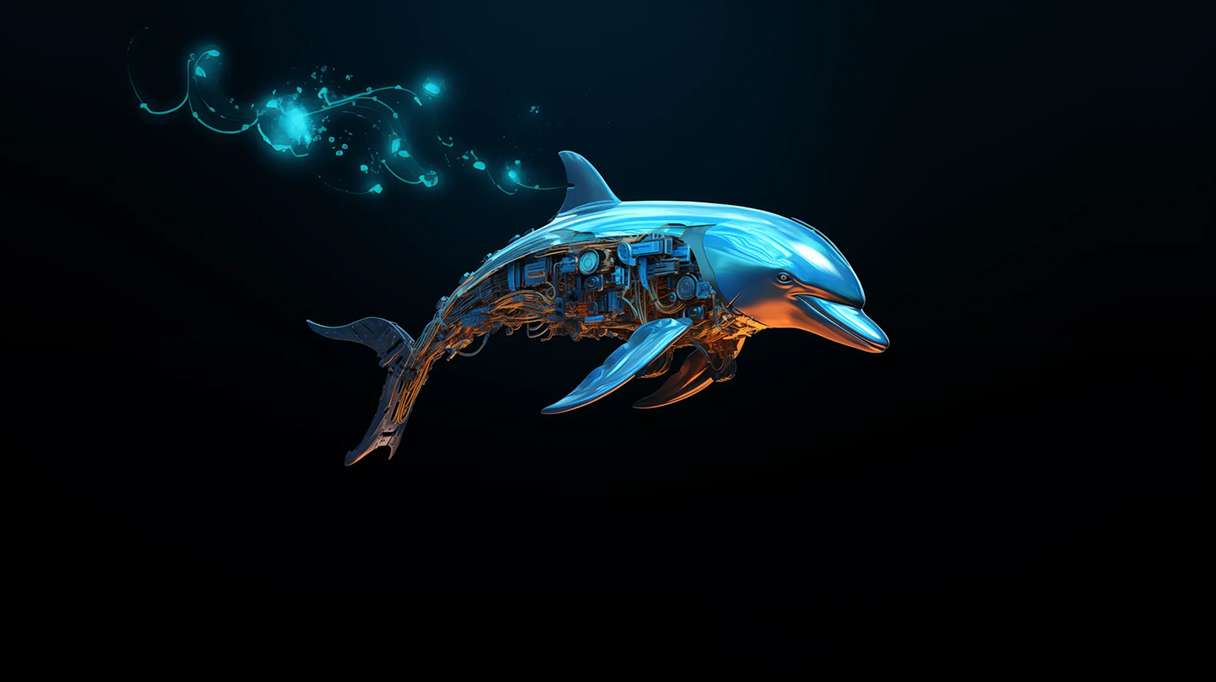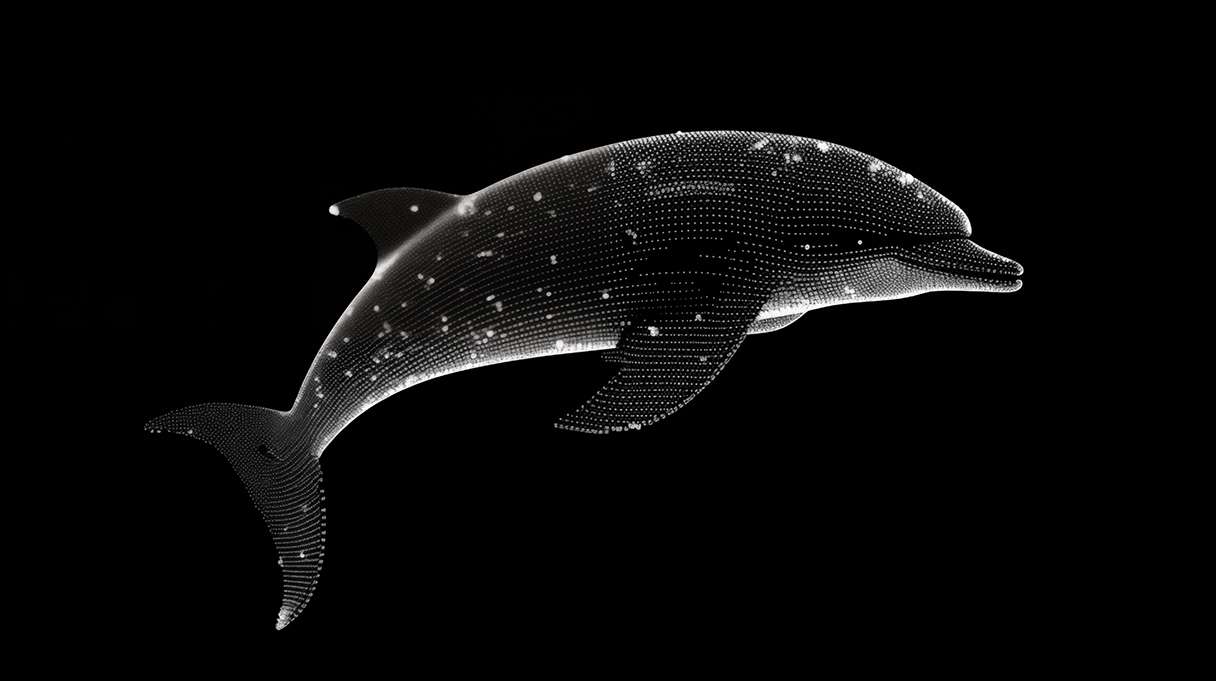 Percona is glad to announce the GA release of Percona Server for MySQL 5.7.18-16 on July 28, 2017 (Downloads are available here and from the Percona Software Repositories).
Percona is glad to announce the GA release of Percona Server for MySQL 5.7.18-16 on July 28, 2017 (Downloads are available here and from the Percona Software Repositories).
Based on MySQL 5.7.18, including all the bug fixes in it, Percona Server for MySQL 5.7.18-16 is the current GA release in the Percona Server for MySQL 5.7 series. All of Percona‘s software is open-source and free, and you can find all the release details in the 5.7.18-16 milestone at Launchpad
Please note that RHEL 5, CentOS 5 and Ubuntu versions 12.04 and older are not supported in future releases of Percona Server and no further packages are added for these distributions.
New Features:
- Percona Server for MySQL is now available on Debian 9 (stretch). The support only covers the
amd64architecture. - Percona Server for MySQL can now be built with the support of OpenSSL 1.1.
- MyRocks storage engine has been merged into Percona Server.
- TokuDB enables to kill a query that is awaiting an FT locktree lock.
- TokuDB enables using the
MySQL DEBUG_SYNCfacility within Percona FT.
Bugs Fixed:
- Row counts in TokuDB could be lost intermittently after restarts. Bug fixed #2.
- In TokuDB, two races in the fractal tree lock manager could significantly affect transactional throughput for some applications that used a small number of concurrent transactions. These races manifested as transactions unnecessarily waiting for an available lock. Bug fixed #3.
- Percona FT could assert when opening a dictionary with no useful information to an error log. Bug fixed #23.
- Percona FT could assert for various reasons deserializing nodes with no useful error output. Bug fixed #24.
- It was not possible to build Percona Server on Debian 9 (stretch) due to issues with OpenSSL 1.1. Bug fixed #1702903 (upstream #83814).
- Packaging was using the
dpkg --verifycommand which is not available on wheezy/precise. Bug fixed #1694907. - Enabling and disabling the slow query log rotation spuriously added the version suffix to the next slow query log file name. Bug fixed #1704056.
- With two client connections to a server (debug server build), the server could crash after one of the clients set the global option
userstatand flushed the client statistics (FLUSH CLIENT_STATISTICS) and then both clients were closed. Bug fixed #1661488. - Percona FT did not pass cmake flags on to snappy cmake. Bug fixed #41. The progress status for partitioned TokuDB table ALTERs was misleading. Bug fixed #42.
- When a client application is connecting to the Aurora cluster end point using SSL (
--ssl-verify-server-certor--ssl-mode=VERIFY_IDENTITYoption), wildcard and SAN enabled SSL certificates were ignored. Note that the--ssl-verify-server-certoption is deprecated in Percona Server 5.7. Bug fixed #1673656 (upstream #68052). - Killing a stored procedure execution could result in an assert failure on a debug server build. Bug fixed #1689736 (upstream #86260).
- The
SET STATEMENT .. FORstatement changed the global instead of the session value of a variable if the statement occurred immediately after theSET GLOBALorSHOW GLOBAL STATUScommand. Bug fixed #1385352. - When running
SHOW ENGINE INNODB STATUS, theBuffer pool size, bytesentry contained 0. BUg fixed #1586262. - The synchronization between the LRU manager and page cleaner threads was not done at shutdown. Bug fixed #1689552.
- Spurious
lock_wait_timeout_threadwakeup inlock_wait_suspend_thread()could occur. Bug fixed #1704267 (upstream #72123).
Other bugs fixed: #1686603, #6, #44, #65, #1160986, #1686934, #1688319, #1689989, #1690012, #1691682, #1697700, #1699788, #1121072, and #1684601 (upstream #86016).
The release notes for Percona Server for MySQL 5.7.18-16 are available in the online documentation. Please report any bugs on the launchpad bug tracker.
Note
Due to new package dependency, Ubuntu/Debian users should use apt-get dist-upgrade or apt-get install percona-server-server-5.7 to upgrade.







“MyRocks storage engine has been merged into Percona Server.”
How do we enable MyRocks? I’m trying to use it from the official Percona 5.7.18-16 Docker image.